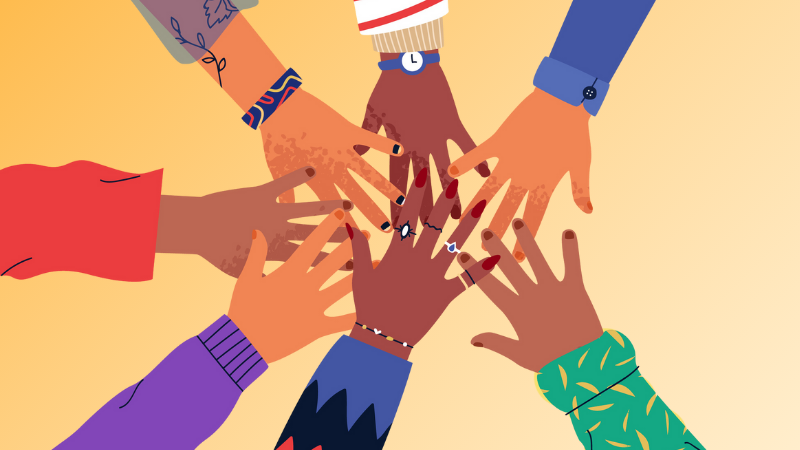Women Taking Flight: A Look at Female Aviation Students

Women aren’t taking to the skies as often as their male counterparts. Female students are statistically less likely to be attracted and retained within the study of aviation. A new study was conducted to learn if implementing a leadership develop training program would make an impact.
Such a program would be designed to grow these women’s sense of efficacy, thereby increasing the likelihood they will persevere in the major.
As the idea is to grow self-efficacy, it’s important to share the four factors which impact it:
- mastery experiences
- vicarious experiences
- social persuasion
- self-management of physiological reactions
To examine the hypotheses, researchers took multiple steps: The first was a survey which assessed students’ baseline perceptions of their persistence and self-efficacy around aviation and career-based decision making.
The survey was conducted at The Ohio State University and was distributed to any department or field which might have students who were ultimately pursuing aviation careers. Here’s the breakdown:
- It began with 219 observations
- 59 were removed
- 24 respondents did not reveal their gender
- Three did not pass the validation question
- 27 were over the age of 25
- Five completed less than half of the survey
This left a total of 160 observations to work with.
The second step was the development of a leadership development cohort (group) of female students and a training module. An interest survey was distributed among the same departments and colleges as the initial survey.
In total, 30 women applied to be a part of the cohort. Twenty-six of them were selected based on the extent to which they were already working toward a career in aviation. These women participated in three in-person meetings, with two additional activities that took place online.
The cohort was also asked to participate in the initial survey — and then complete the same survey again at the completion of the activities.
On the final survey, an additional set of open-ended questions were developed to capture their perceptions of these in-person activities.
So here’s what was discovered:
Preliminary results to the initial survey suggests there are some differences among men and women and their self-efficacy centered on social persuasion and physiological reactions. (Remember the bullet points above relating to how we measure self-efficacy?)
This is supported by the open-ended responses of the cohort which tended to focus on their attitudes and perceptions about factors related to social persuasion and physiological reactions.
The bottom line is that results revealed a leadership development cohort is valuable for female students when it comes to the vicarious experiences of engaging with their female peers. However, it is not yet evident that the specific activities had as much of an overall impact on self-efficacy as participation in the cohort alone did. In other words, it appears just being included in the group made the biggest difference for these women.
Moving forward, this research has revealed the need for further study within a larger group that also captures other minority voices. Future projects would also analyze how a sense of community can be built with online and virtual connections — given the current limited ability to meet in person due to COVID-19.
Stay tuned for future updates.


